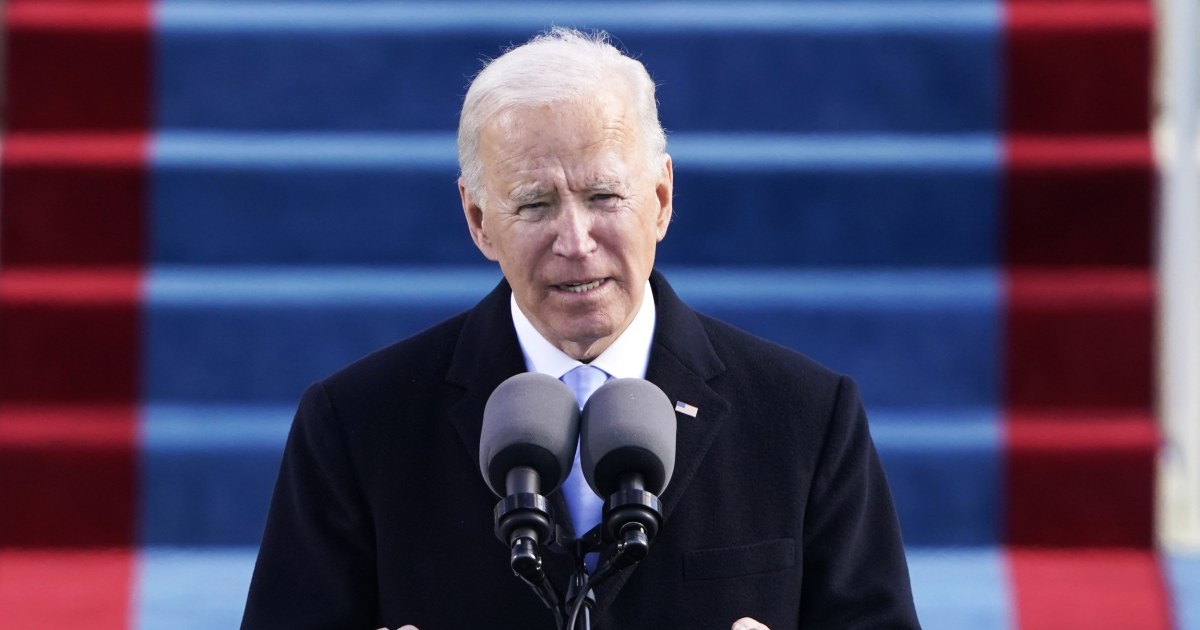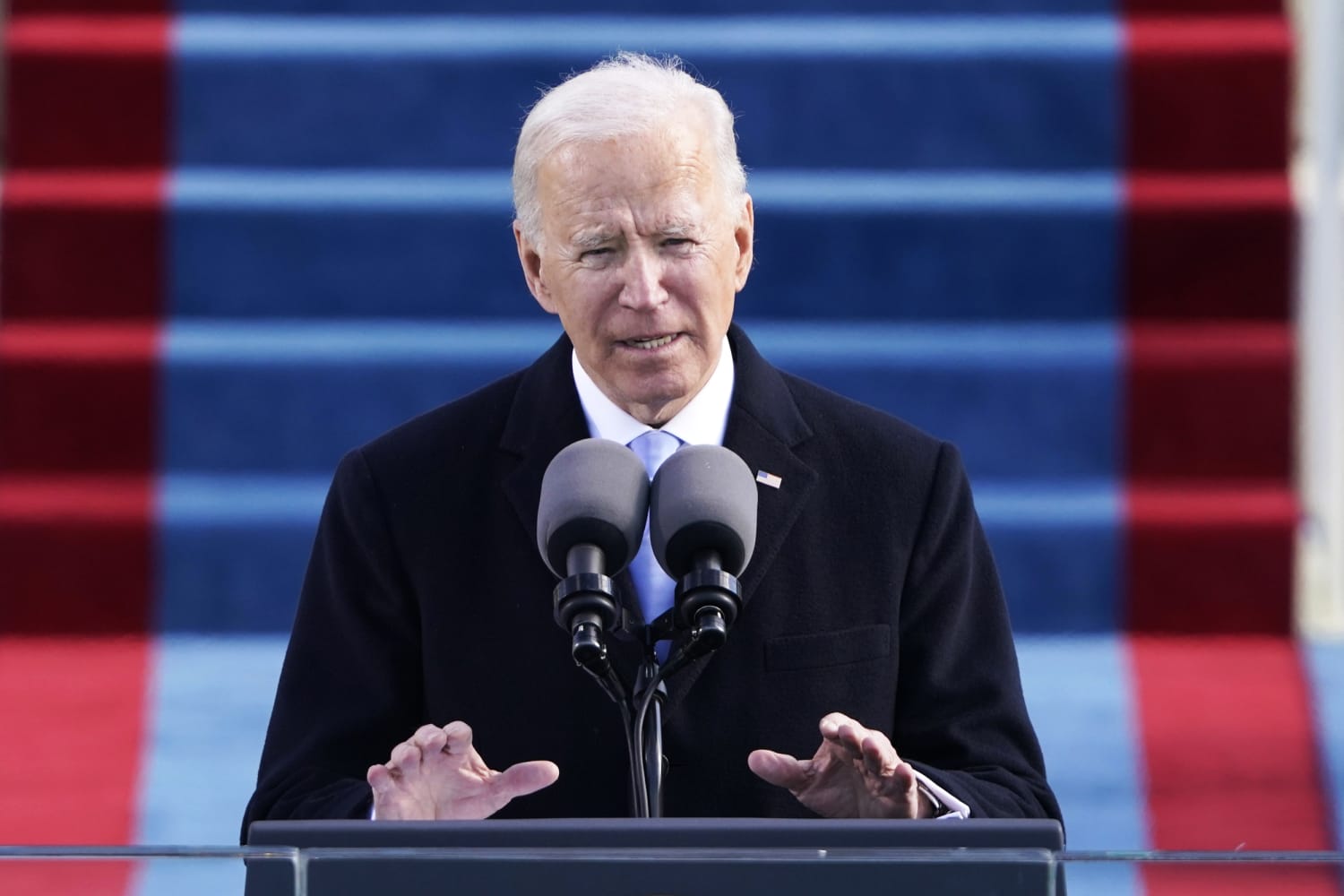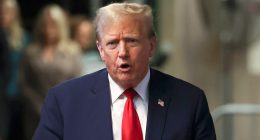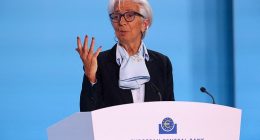
More so than other presidents, and to the endless frustration of economists, Donald Trump correlated stock market performance with the nation’s economic health. However, President Joe Biden is unlikely to measure his own achievements by the gyrations of the stock market, economic experts say — and that message is likely to resonate with an anxious population.
“I doubt Joe Biden views the stock market as a barometer of his immediate success,” said Thomas Martin, senior portfolio manager at Globalt Investments. “He is focused on the health and welfare of Americans. He will gauge success on how much he can flatten the curve, prevent deaths and get the economy back in shape.”
For much of Trump’s presidency, it was easy for him to claim credit for stock gains, since he was set up for success, economists say.
“The economy was in pretty good shape. Nothing was really out of balance,” said Dan North, chief economist for North America at Euler Hermes.
Corporate expectations of lower taxes and fewer regulations sent business optimism soaring. “It was the right environment to go up. The Biden stock market has an awful lot going against it,” North said.
The Biden stock market has an awful lot going against it.”
Last March 9 and again on March 12, as the coronavirus began to take over the country, stocks fell so far, so fast, that electronic “circuit breakers” had to be triggered to stave off a full-blown collapse. That weekend, Trump tweeted, “BIGGEST STOCK MARKET RISE IN HISTORY YESTERDAY!” while saying nothing to address, or even acknowledge, the nation’s growing economic fears. The following week, circuit breakers were again triggered on two different days as stocks continued to slide.
The CARES Act, along with aggressive action from the Federal Reserve to lower interest rates and add liquidity to the financial system, ultimately stopped the market’s fall. In the ensuing months, Wall Street recovered, while Main Street suffered.
Experts say this is just one example of why it was not only pointless, but foolhardy, for Trump to claim credit for a rising market. “In the investment business, generally speaking, we know that the things that make the stock market move are myriad and complex. It’s difficult, at best, to gauge cause and effect,” Martin said.
Despite his self-professed business acumen, Trump squandered some of the market momentum he was handed, analysts say. “He did quite a few things to really impede the progress of the stock market,” said Chris Zaccarelli, chief investment officer at the Independent Advisor Alliance. “The trade war with China was, by far, the most detrimental.”
That trade war was widely regarded as a failure: It drew to an uneasy truce in early 2020, with little gained for American consumers or businesses.
The new president, on the other hand, faces a heavier lift. “President Trump is handing Biden an economy in shambles, still down nearly 10 million jobs from its pre-pandemic peak and struggling to avoid a double-dip recession,” Moody’s Analytics Chief Economist Mark Zandi wrote in a research note earlier this week.
“Whereas you might say what Trump inherited was a ‘normal market,’ Joe Biden is inheriting a market that’s at extremes,” Martin said. “You just have a whole new ballgame for Joe Biden.”
Valuations are high, inflation is broadly low but shows pockets of escalation, and market observers say Wall Street seems to be positioned for a best-case scenario regarding Covid-19 containment and immunity. Anything that doesn’t live up to the market’s lofty expectations could trigger a reversal in investor sentiment.
“If you’re the average person, do you care if GDP was 3.2 or 3.4 percent? No, you care if you have a job.”
If the market does drop from its current highs, though, economists don’t expect Biden to respond the way his predecessor might have. Unlike Trump, Biden is more likely to focus on containing Covid-19 and getting the sputtering labor market recovery going again. “The Biden administration, I think, is going to focus more on the unemployment rate and jobs and less on what the actual stock market may do,” said Megan Horneman, director of portfolio strategy at Verdence Capital Advisors. “Right now, our immediate problem is still the coronavirus and getting the economy reopened.”
North said: “It’s going to take a long time to get those 10 million jobs back, particularly because there’s been so much permanent business closure. That’s what I believe the administration will focus on and, honestly, should focus on.”
“If you’re the average person, do you care if GDP was 3.2 or 3.4 percent?” he said. “No, you care if you have a job.”
Source: | This article originally belongs to Nbcnews.com










